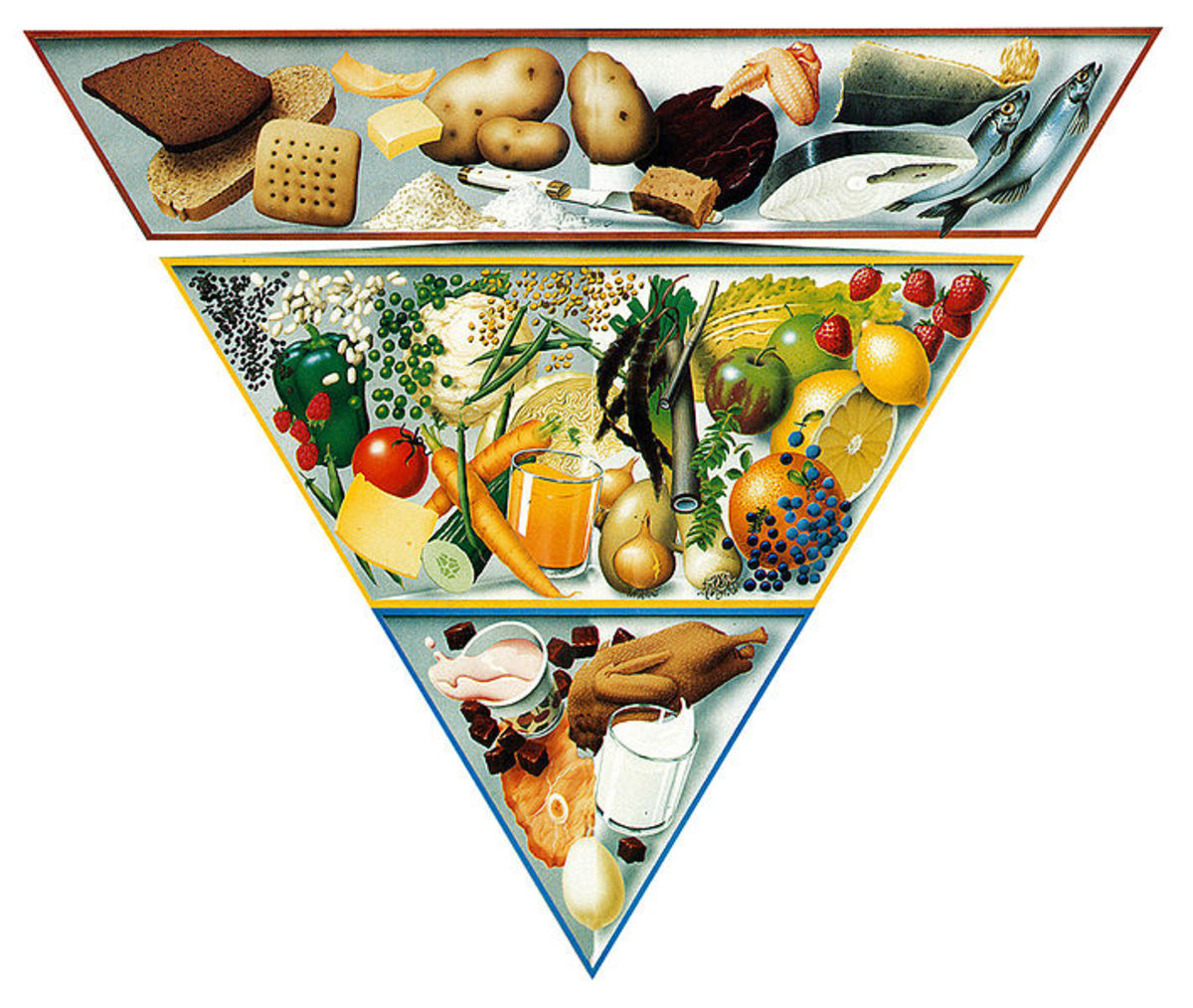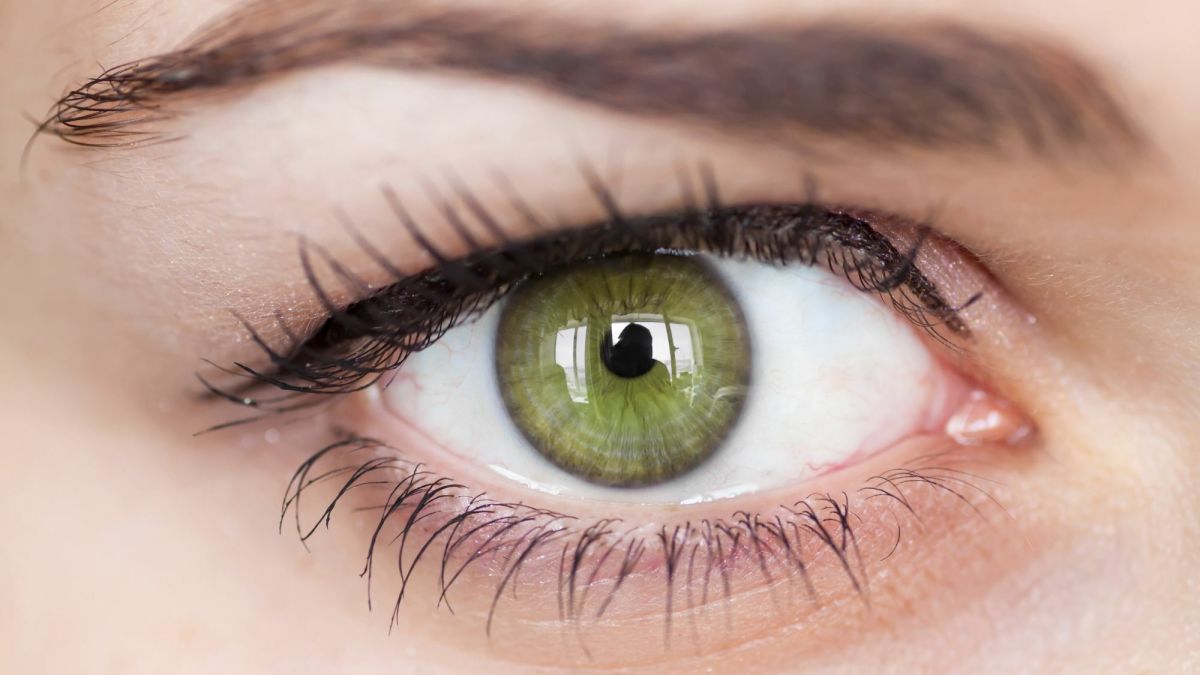13 Easy Ways to Live Longer
There is a way to turn the clock back or at least off for extended period. Eat fewer calorie daily, increase antioxidant in your diet and try to stay healthy. Staying healthy not only helps to improve live longer but also helps to ensure a better quality of life as you grow older.
Here are 13 easy ways to live longer:
1.Sun-Screen: Wearing sunscreen and protecting yourself from the sun by wearing a hat can aid in skin cancer prevention. Be sure to wear sunscreen that is at least 15 SPF.
2.Alcohol:Excessive alcohol consumption can lead to nervous system, heart and fatal liver damage, and a variety of other health alterations.
3.Drinking: Driving while under the influence is one of the leading causes of deaths related to automobile accidents.
4.Fasten your seat belt: Fastening seat belts can be crucial in automobile accidents because while airbags merely protect passengers from front-end collisions, seat belts protect passengers from being jolted from the vehicle, possibly resulting in death.
5.Smoking: Smoking is deadly not only because it is the single largest cause of preventable death, but it also affects non-smokers in dramatic ways. Thus, it can be as detrimental to your health as it can be to your child sitting right next you who has never smoked a single cigarette in his life. See how to quit smoking.
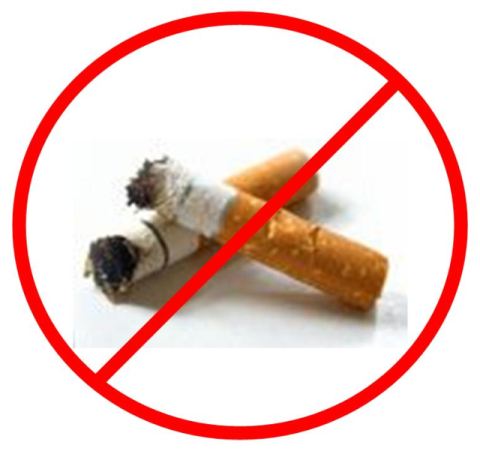
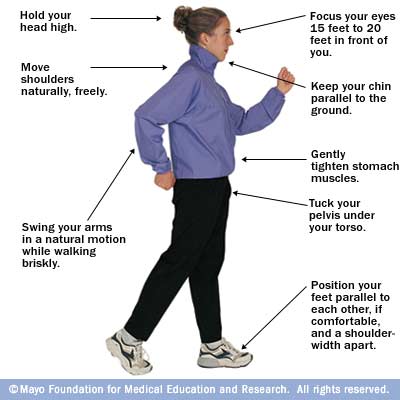
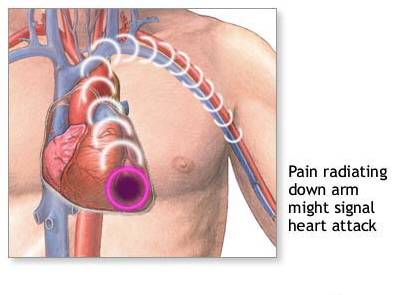
6.Weight: Maintaining a healthy weight is vital to one’s well-being. Gradually losing weight by exercising and eating a well-balanced diet can drastically lower your chances of developing heart disease, high blood pressure, diabetes, back problems, hernias, hemorrhoids, gallbladder disease, varicose veins and many other life-threatening diseases.
7.Getting Active: The danger about being inactive is that it puts you at a greater risk of a variety of health problems, ranging from heart disease to osteoporosis. Any type or amount of exercise (i.e. walking, gardening, jump roping, stair climbing) can help you combat these unwanted ailments.Attend sporting events, go to concerts or to the movies.If you have a time find some volunteer work at a hospital or participate in community programs.
8.First Aid: It is important to learn the basics of first aid—including the Heimlich maneuver in case of choking and CPR for drowning victims. Don’t merely learn how to perform them on others, but on yourself as well. It is advised to know the shortest route from your home to the hospital before an emergency arrives.
9.Immunizations: It is strongly advised that those 12 years or age or under, those 65 years or older, and those with chronic health problems should get immunized, especially for seasonal conditions like the flu and pneumonia. Check with your doctor to find out if you need them.
10.Heart Attack Symptoms: Certain signs of a heart attack include crushing, persistent chest pain, shortness of breath, pale skin, profuse sweating, physical collapse, indigestion, nausea, vomiting, weakness, restlessness, and anxiety.
11.Stroke Symptoms: The warning signs of a stroke include blurred vision, numbness, weakness or paralysis of the face, dizziness, loss of balance, difficulty swallowing, a severe headache, confusion, drowsiness, difficult speaking, loss of bladder or bowl control, and loss of consciousness.Make sure that you are aware of these symptoms so that you can get help in time.
12.Smoke Detectors: Thousands of home fires in the United States result in deaths that could have been avoided had the smoke detectors been installed and/or maintained. Be sure to inform family members about simple fire prevention strategies and what to do if a fire does strike. It is advised to install smoke detectors outside each bedroom and an additional one at each level of the house.
13.Avoid Lead and Radon Risk: You should have your house tested for radon, an invisible gas that can cause cancer, and lead, a dangerous chemical found in the water supply. After water leaves the water supply, it is basically lead-free, but it can encounter dangerous volumes of lead-based substances on its way to your tap (i.e. lead connector pipes and lead solder in copper plumbing). Hot water contains greater amounts of lead than does cold water, so use the latter for drinking and cooking.




